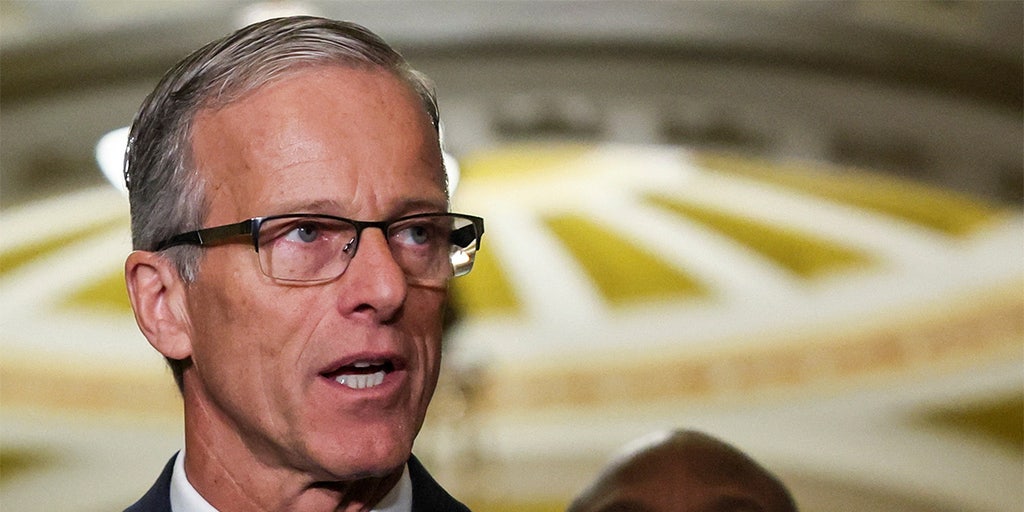Weekend Showdown: Thune Calls Out Democrats, Pushes for Swift Trump Nominee Confirmations

Tensions flared on Capitol Hill as Senate Majority Leader John Thune expressed his frustration with Democratic Senator Chris Murphy over a strategic political blockade. The contentious moment centered around the confirmation vote for John Ratcliffe's nomination to lead the Central Intelligence Agency (CIA), which Murphy effectively halted through parliamentary maneuvering.
The South Dakota Republican was visibly irritated by Murphy's Connecticut Democrat's move to prevent Ratcliffe from advancing to the critical intelligence leadership position. This political standoff highlighted the deep partisan divisions that often characterize high-stakes executive branch nominations, particularly for sensitive national security roles.
Thune's displeasure underscored the ongoing political chess match between parties, where confirmation votes can become battlegrounds for broader political disagreements and strategic positioning. The blocked nomination of Ratcliffe represented yet another example of the intense political dynamics currently shaping Washington's confirmation processes.

